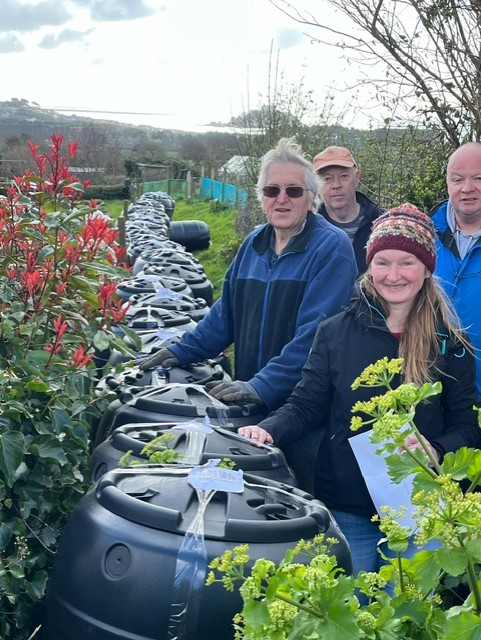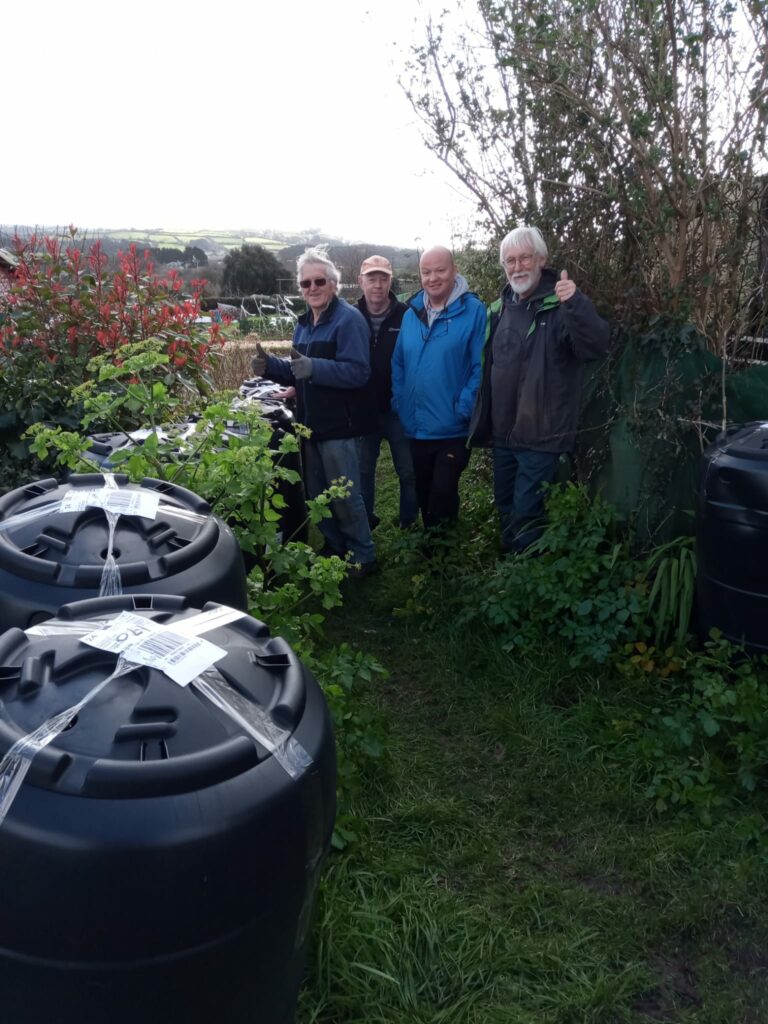Application form – word document (to down load and fill in on your laptop): https://www.ludgvan.org/wp-content/uploads/2023/11/Application-form-cllr-co-option.December-2023.docx
Application form – pdf version, to print and fill in by hand: https://www.ludgvan.org/wp-content/uploads/2023/11/Application-form-cllr-co-option.December-2023.pdf
Vacancy for Parish Councillor – Crowlas Ward
Ludgvan Parish Council needs a new team member. If you think you can make a change for your community at a local level, complete the application form for this voluntary (unpaid) role and return it to the clerk by 5pm, Tuesday 5 December 2023.
What do councillors do?
There are three main parts to the work of a parish councillor:
- Decision Making – through meetings and attending committees with other councillors, decide which activities to support, where money should be spent, what services should be delivered and what policies should be implemented.
- Monitoring – Councillors make sure that their decisions lead to efficient and effective services by keeping an eye on how well things are working.
- Getting involved locally – as local representatives, councillors have responsibilities towards their constituents and local organisations. These responsibilities and duties often depend on what the councillor wants to achieve and how much time is available, and may include:
- Going to meetings of other organisations
- Going to meetings of bodies affecting the wider community
- Taking up issues on behalf of members of the public
How much time does it take up?
Quite often councillors say that their duties occupy them for about an hour a week. Obviously there are some councillors who spend more time than this – and some less, but in the main, being a parish councillor is an enjoyable way of contributing to your community, and helping to make it a better place to live and work.
As a councillor representing your community you will help keep it a great place to live and work. You will be supported in your role and will be expected to undertake training. You should be comfortable working with IT. You should have a positive outlook and a ‘can-do’ attitude, and be willing to work as part of a team.
The closing date for applications is 5pm on Tuesday 5 December 2023.
Louise Dowe, Clerk, Ludgvan Parish Council
clerk@ludgvan.org.uk www.ludgvan.org t. 07928 813 653
Councillors: Qualification
See the Local Government Act 1972, sections 79 to 82, 85,92 and 104.
A person is qualified to be elected as a local councillor, and to hold such office, if they are a qualifying Commonwealth citizen, or a citizen of the Republic of Ireland, or a relevant citizen of the [European] Union, and on the relevant day (defined below) has reached 18 years of age AND –
- On that day they are, and thereafter continues to be, a local government elector for the area of the authority; or
- They have, during the whole of the 12 months preceding that day, occupied, as owner or tenant, any land or other premises in that area; or
- Their principal or only place of work during that 12 months has been in the area (Note: this could, arguably, be “the local council’s offices” – based on his previous principal or only work as a councillor); or
- They have, during the whole of the 12 months, resided in the area; or
- They have, during the whole of the 12 months preceding the relevant date, resided within 3 miles of the parish or community. This qualification only applies to parish or community councillors and does not extend to district or county councillors (s. 79(1) LGA1972).
The ‘relevant day’ means (except in the case of an election not preceded by the nomination of candidates) the day on which the person is nominated as a candidate and, if there is a poll, the day of election. In the expected case, the term means the day of election.
In order to qualify on the basis of residence, it is necessary for the person at least to have and use sleeping accommodation within the area or within three miles thereof; and it is possible for a person (eg a student) to be a resident in more than one place at a time.
A member qualified under (b), (c), (d) or (e) above continues to be qualified during the term of his office even though they cease to be an elector or their situation is otherwise changed. However, a councillor qualified on the day of nomination and election only by virtue of them being a local government elector must continue to be a local government elector for the local council’s area during the whole period of their office. Note that registration on the electoral roll is essential to qualification as a local government elector.


